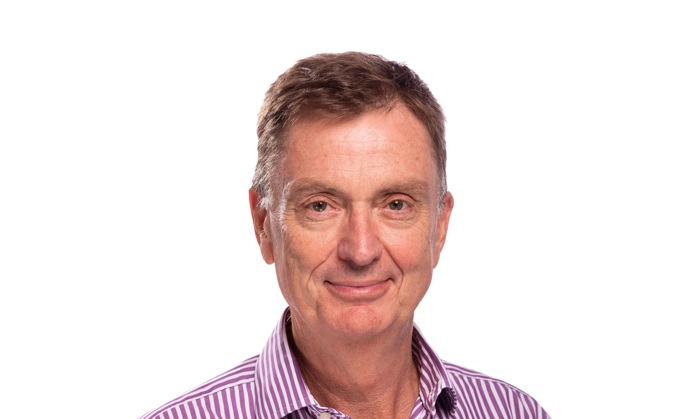
At Channel Live back in March, Paul Stobart, CEO of Zen Internet, took a different approach with his keynote session. Instead of recapping on Zen Internet’s latest offerings and ways it is evolving its partner programme, Stobart opened with the stark reality that “we are living in crazy times right now”, with the “combination of a war in Europe, a global pandemic that we’re just about emerging from, and we’ve got a planet that is on fire.”
He added, “Against that background, businesspeople have to continue to do what they do to grow their businesses, and to get returns for their various stakeholders. Increasingly, we need to turn our attention to what we can do to take more responsibility – particularly for the issues that are affecting our planet.”
People, customer, planet
Stobart caught up with Comms Business later, and explained how he is evolving Zen Internet’s strategy to ensure the company is actively responding to the environmental crisis. He said, “We talk about people, customer, and planet as the three pillars of our strategy, so that we never lose sight of the fact that the planet issue is one that we have to take seriously.
“And because we have it in our heads the whole time, it means that we are very good at not using printers, we are very good at making sure that we recycle stuff the right way, we’re very good at turning lights off. It’s the simple stuff.”
Zen is working with its channel community to elevate this issue. Stobart explained, “Now, for partners, what does it mean? First of all, they’ve got to take it seriously, in my view, because their people will demand it, customers will demand it, and it’s morally obligatory anyway. Secondly, they’ve got to take action to measure what they are currently omitting.”
Stobart said that businesses today can easily and cheaply work out what their emissions are. He added, “The easy bit is what you emit, the difficult bit is your supply chain. You will need help with that, but your supply chain should help you.”

Strategy for change
Understanding the problem, Stobart reasoned, means you can then develop a strategy for change. “Once you measure, then you’ve got to put in place a whole stream of actions to reduce. There’ll be things about electricity, power usage, making sure your distributors are using green energy, changing to green energy yourself, even though it’s more expensive.
“What do you want? Cheap energy or burn the planet? Those sorts of choices, I’m afraid, are stark.
“I was given a choice just the other day: we can go on a hybrid green energy quota, I was told, which will be a lot cheaper, and would make us more profit. I said no, over my dead body. We’re not going to do anything other than green energy, even though it is more expensive.”
When asked what made him realise the urgency behind this, Stobart pointed to research that indicates rising temperatures will cause irreversible damage to our ecosystems by 2100, if we don’t slow global emissions.
He added, “Slightly unbelievably, I have two sets of twins. All girls, aged 17 and 16. That 2100 date always seemed to be so far out. I’ll be long gone. Then I thought my kids, in 10 years’ time, might have children. Those children, my grandchildren, will be about my age in 2100. And that’s when it hit me. That’s when the proximity of 2100 hit me. It’s only a generation away.
“Then my kids started talking about it, as they became more politically aware through their teens, and they started asking me searching questions. I had nowhere to hide. Greta Thunberg was another factor, undoubtedly. She had an impact on me. The brutal way in which she was holding my generation to account.
“First of all, I tried to get very defensive about it. But then I realised she’s right. We continue to abdicate responsibility. COP26 [the climate summit held in Glasgow in 2021] was okay in some respects, but it was dreadful in others. Even if every single one of the COP26 agreements was implemented to the letter, we would still be at 2.4 degrees [hotter]. 2.4 degrees is cataclysmically awful.”
Bringing your team with you
Change is not easy, particularly when businesses across the UK are facing a multitude of challenges, but Stobart emphasised the importance of involving every employee in the company mission to reduce environmental impact.
Stobart explained, “When we cracked it at Zen was when it stopped being top down. It was when we created our environmental steering group [that things changed]. The members of it were not management.
“I was involved because I wanted to make sure people knew it was something that we were taking seriously. I discovered that once I said, how do we reduce emissions? That was all I had to say. They were off. And it just seeded through the business because people care about it.
“Ideas were spawned, new thoughts, new approaches, we started exchanging ideas – and it all happened. That was the trick. It’s not top down. It’s bottom up.
The message from Stobart is that we all need to do more, and we need to act quickly. Before we cause further irreversible damage and before we run out of time.
This interview appeared in our June 2022 print issue. You can read the magazine in full here.
